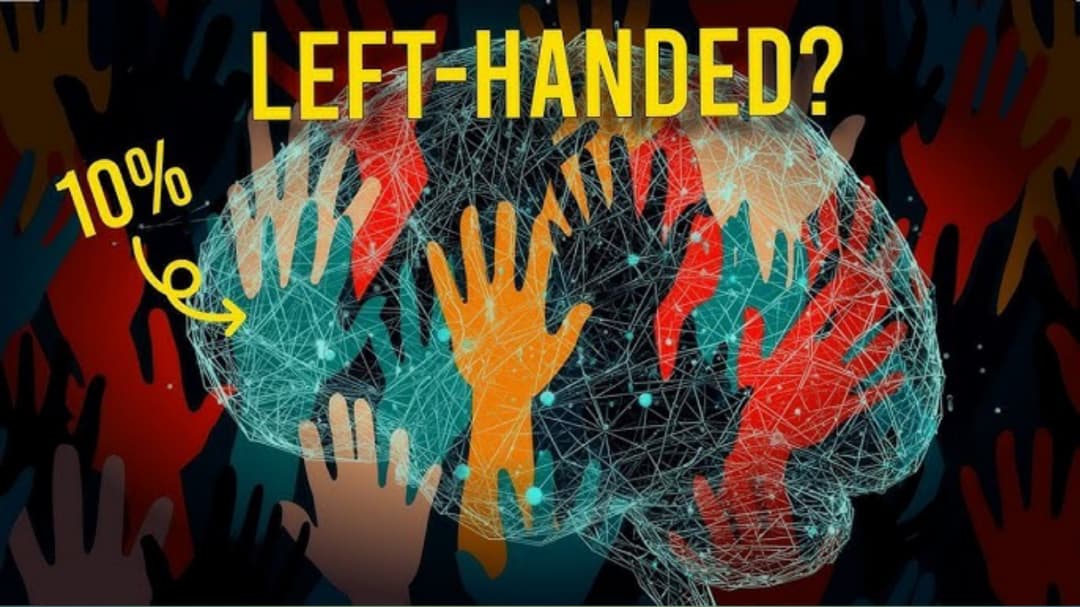The Waiting Season: What Happens to Young Nigerians After NYSC

Every year, over 350,000 young Nigerians complete their National Youth Service Corps (NYSC) program with optimism stitched into their khaki. They return home with certificates, contacts, and cautious dreams. But as the months drag on, reality often sets in: the job calls don’t come, the emails remain unread, and the long “waiting season” begins, a stretch of uncertainty that defines the fragile bridge between youth and adulthood.
When Aisha Abdul finished her NYSC service in 2022, she imagined herself in an office by now, maybe a media agency or a small communications firm. Instead, she spends most mornings scrolling through job boards, refreshing inboxes, and praying her internet data lasts till noon. Like thousands of others, she’s caught in what many now call the waiting season, that slow, silent period between finishing national service and finding a place in Nigeria’s unstable job market.

According to the National Bureau of Statistics, Nigeria’s youth unemployment rate hovered around 32.1% in 2024, with underemployment reaching even higher. For many graduates, this means one thing: months of waiting at home, sending out countless applications, and taking on whatever side gigs appear. For some, the season stretches into years. The uncertainty becomes a way of life.
The NYSC scheme, established in 1973 to promote unity and skill-building, was once seen as a bridge to employment. Corps members were often absorbed by their places of primary assignment or connected through post-service recommendations. But today’s graduates face a very different reality. The Nigerian Labour Congress has repeatedly warned that most employers now prefer contract staff or interns to avoid full-time obligations, leaving young workers in limbo.
For people like Aisha, this waiting period is not just about joblessness, it’s about identity. “After NYSC, it’s like your sense of purpose pauses,” she says. “During service, you’re seen as useful, patriotic, employed. Then suddenly, you’re back home, and it’s as if you’ve gone invisible.”
Invisibility is a word that appears often in conversations about Nigeria’s youth. Sociologists describe it as a psychological gap, a space where dreams and resources rarely meet. While the government continues to roll out empowerment initiatives like N-Power and Youth Investment Funds, the reach and consistency of these programs remain limited. Many young people report never receiving feedback or funding despite meeting requirements.
Still, resilience runs deep. Across social media platforms, hashtags like #PostNYSCReality and #NYSCToNowhere capture stories of graduates navigating the transition, some teaching themselves new digital skills, others venturing into small business. “I learned fashion design on YouTube,” says 25-year-old Emmanuel, a microbiology graduate. “Now I sew uniforms for schools. It wasn’t the plan, but it’s something.”
Adaptability has become the new credential. Online learning platforms, from Coursera to local hubs like Utiva, are seeing a surge in enrolment from post-NYSC graduates. Many are upskilling to compete for global remote jobs, sidestepping Nigeria’s shrinking formal sector. But the gap between hope and opportunity remains wide.
For those unable to pivot, frustration simmers. “It’s emotionally draining,” says a counselor at the University of Lagos Career Centre. “You’re told to stay patient, but you’re also told you’re running out of time. That contradiction breeds anxiety and shame.” Indeed, the waiting season is not just economic but it’s deeply emotional.
Some graduates turn to entrepreneurship, not out of passion but necessity. They launch catering brands, thrift shops, content pages, anything to fill the silence of idleness. The result is a generation of micro-entrepreneurs hustling in what economists now call the “necessity economy.” But while social media celebrates their hustle, the truth is often harsher. Many of these ventures barely survive six months.
The state’s response has been uneven. Government programs designed to engage post-NYSC youth often fall short in scale or funding. For instance, the National Directorate of Employment, created to combat joblessness, is underfunded and often outdated in its approach. Meanwhile, the private sector which is still struggling under inflation and policy shifts remains hesitant to hire entry-level workers without “three years of experience”, how are they expected to get experience if they do not starting working from somewhere?.
Experience becomes both the entry ticket and the trap. Graduates are encouraged to volunteer, intern, or freelance for “exposure.” Yet, without pay, many cannot sustain that exposure for long. The waiting season, therefore, becomes a cycle of unpaid labour and lost confidence.
Cultural expectations only deepen the weight. In many Nigerian homes, adulthood is tied to financial contribution. Parents begin to ask subtle or not-so-subtle questions: “What’s next?”“Any job yet?”The tension becomes domestic. Some graduates relocate to Lagos, Abuja, or Port Harcourt in search of greener pastures, often landing in overcrowded apartments shared by friends also waiting.

In these city clusters, a quiet solidarity exists. Shared meals, shared rejections, shared laughter over generator hums. It’s a community built on patience and persistence. From co-working hubs to church youth groups, small support systems have emerged to help young people stay hopeful. It’s not an official safety net, it’s a human one.
Experts argue that addressing the waiting season requires more than employment programs, it demands structural reform. Economist Dr. Chioma Onoh suggests that “Nigeria’s economy needs a transition bridge, a system that supports graduates between study and stable work, through apprenticeships, digital work, or community development.” Without that, she warns, the cycle of underutilization will persist.
Yet, despite the hardship, there’s an unmistakable current of hope. Many graduates are redefining success outside traditional frameworks. Some move into global freelance platforms, others become local changemakers, teaching or mentoring peers. The waiting season, for all its uncertainty, is also a period of self-discovery a silent training ground in resilience and reinvention.
Aisha, who still sends out applications every week, has stopped counting rejections. She recently joined a digital marketing bootcamp while selling handmade tote bags online. “I don’t know what will come first; the job or the breakthrough,” she says with a smile. “But I’ve stopped waiting with fear. I’m waiting with purpose.”
And maybe that’s the quiet truth of this moment. The waiting season doesn’t end when the offer letter arrives. It ends when young Nigerians decide that even in uncertainty, they are still moving.
You may also like...
Be Honest: Are You Actually Funny or Just Loud? Find Your Humour Type

Are you actually funny or just loud? Discover your humour type—from sarcastic to accidental comedian—and learn how your ...
Ndidi's Besiktas Revelation: Why He Chose Turkey Over Man Utd Dreams

Super Eagles midfielder Wilfred Ndidi explained his decision to join Besiktas, citing the club's appealing project, stro...
Tom Hardy Returns! Venom Roars Back to the Big Screen in New Movie!

Two years after its last cinematic outing, Venom is set to return in an animated feature film from Sony Pictures Animati...
Marvel Shakes Up Spider-Verse with Nicolas Cage's Groundbreaking New Series!

Nicolas Cage is set to star as Ben Reilly in the upcoming live-action 'Spider-Noir' series on Prime Video, moving beyond...
Bad Bunny's 'DtMF' Dominates Hot 100 with Chart-Topping Power!

A recent 'Ask Billboard' mailbag delves into Hot 100 chart specifics, featuring Bad Bunny's "DtMF" and Ella Langley's "C...
Shakira Stuns Mexico City with Massive Free Concert Announcement!

Shakira is set to conclude her historic Mexican tour trek with a free concert at Mexico City's iconic Zócalo on March 1,...
Glen Powell Reveals His Unexpected Favorite Christopher Nolan Film

A24's dark comedy "How to Make a Killing" is hitting theaters, starring Glen Powell, Topher Grace, and Jessica Henwick. ...
Wizkid & Pharrell Set New Male Style Standard in Leather and Satin Showdown

Wizkid and Pharrell Williams have sparked widespread speculation with a new, cryptic Instagram post. While the possibili...





